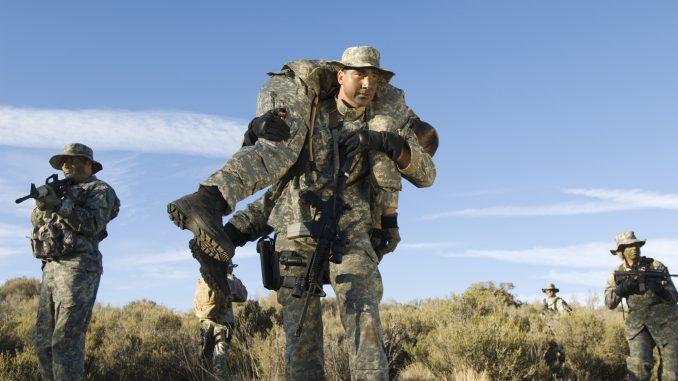
There are common themes in myth, literature, and for that matter, the human condition. For those of us who went to college during a certain time we were subjected to Joseph Campbell’s, The Hero with a Thousand Faces.
Campbell recognized common elements in the hero’s journey. It’s a disservice to Campbell to try and sum up the journey in a few sentences and I’m not really going to. However, basically the hero goes on a journey of self-discovery, faces trials and temptation, has a spiritual rebirth, then brings back his new found knowledge for the good of society. That is a huge over simplification.
Campbell was a major influence over contemporary writers. The hero’s journey proved to be a handy template. You could use it for the foundation of your plot and the work’s half done for you. The fact that this journey is supposedly universal across cultures implies it will resonate with your readers. That’s not a bad strategy and some pretty decent stories were created that way.
Here’s the problem. In reality it’s not “The” hero’s journey, but “A” hero’s journey. There are many different types of heroes. They do not all travel the same path to get there. It also doesn’t deal well will with women heroes. Their journey is often different due to the realities of their places in their different societies. Their path may be different, but it’s also as valid.
Then we have to more troubling journey, where the hero lives long enough to become the villain. We have plenty of real life examples. Take Benedict Arnold. He was a hero for the revolution early on. He suffered leg injuries in the battles of Saratoga. Had he died in those battles he’s be remembered as a martyr. Of course, he lived, was disappointed in not getting promoted and went over to the British.
How about Philippe Pétain? By the end of WWI he as a hero of France, but had the bad grace not to die. During WWII he became Chief of Vichy France and collaborated with the Germans. Today he’s considered a traitor.
In the United States we call our soldiers heroes. It’s easy when they die in battle. Nothing as uncomplicated as a dead hero. It’s when those heroes come back with PTSD, physical injuries, and other problems is when it gets messy. Instead of being heroes they are now useless broken bums who put a drain on the system. Dead heroes don’t need disability payments, job retraining, and psychological assistance. They are still heroes, but they certainly aren’t Joseph Campbell heroes.
A good writer will recognize that the hero’s journey is is a whole range of different journeys. They don’t fit the same mold at all. I don’t know if The Hero with a Thousand Faces is still taught as much in college. It’s not a bad template for a writer to use, just remember it’s not the only template.
-Raymond M. Coulombe
Arnold and Petain became villains. Early heroics don;t give you a pass on collaborating with evil. Or the Germans.